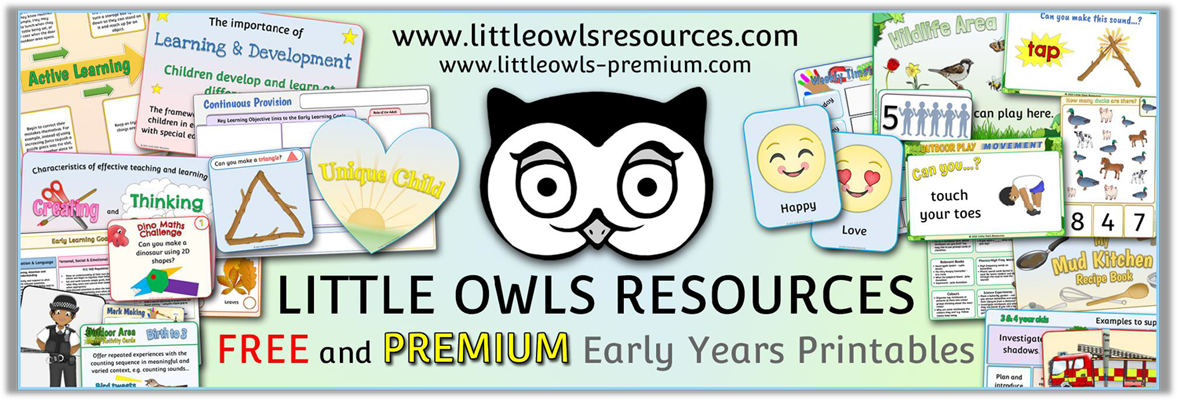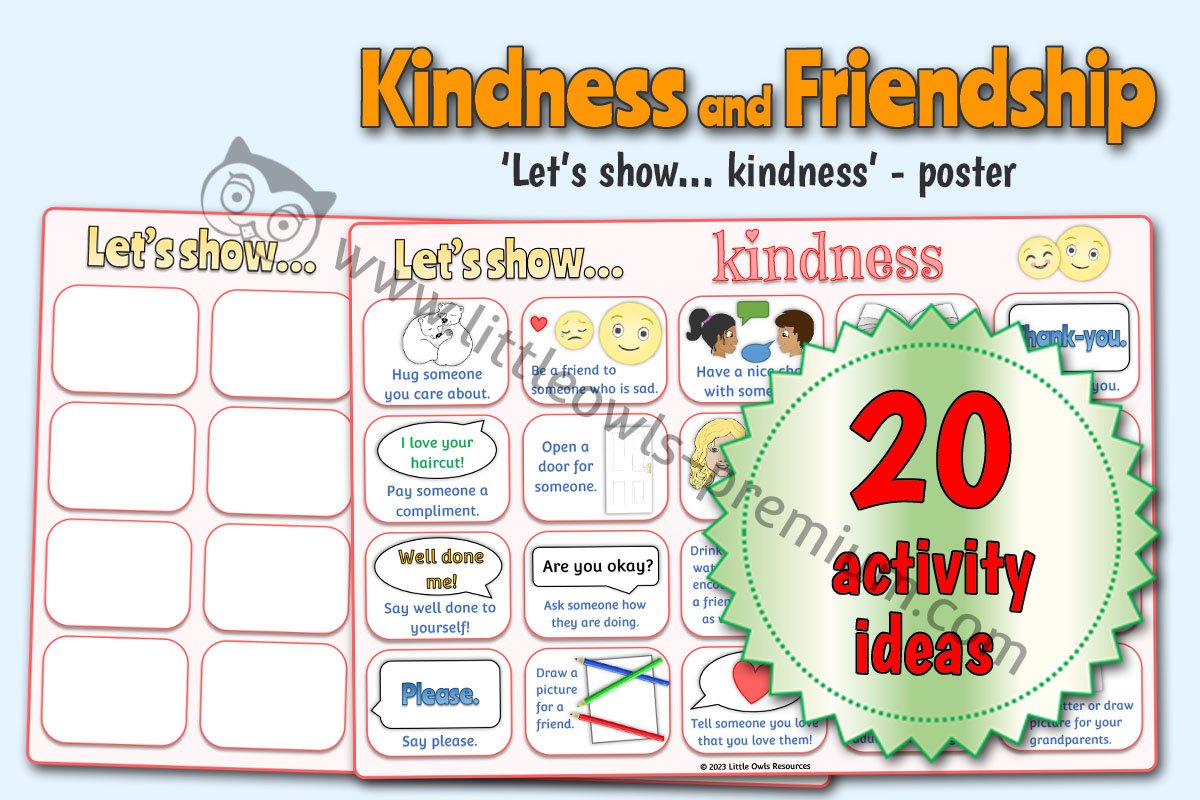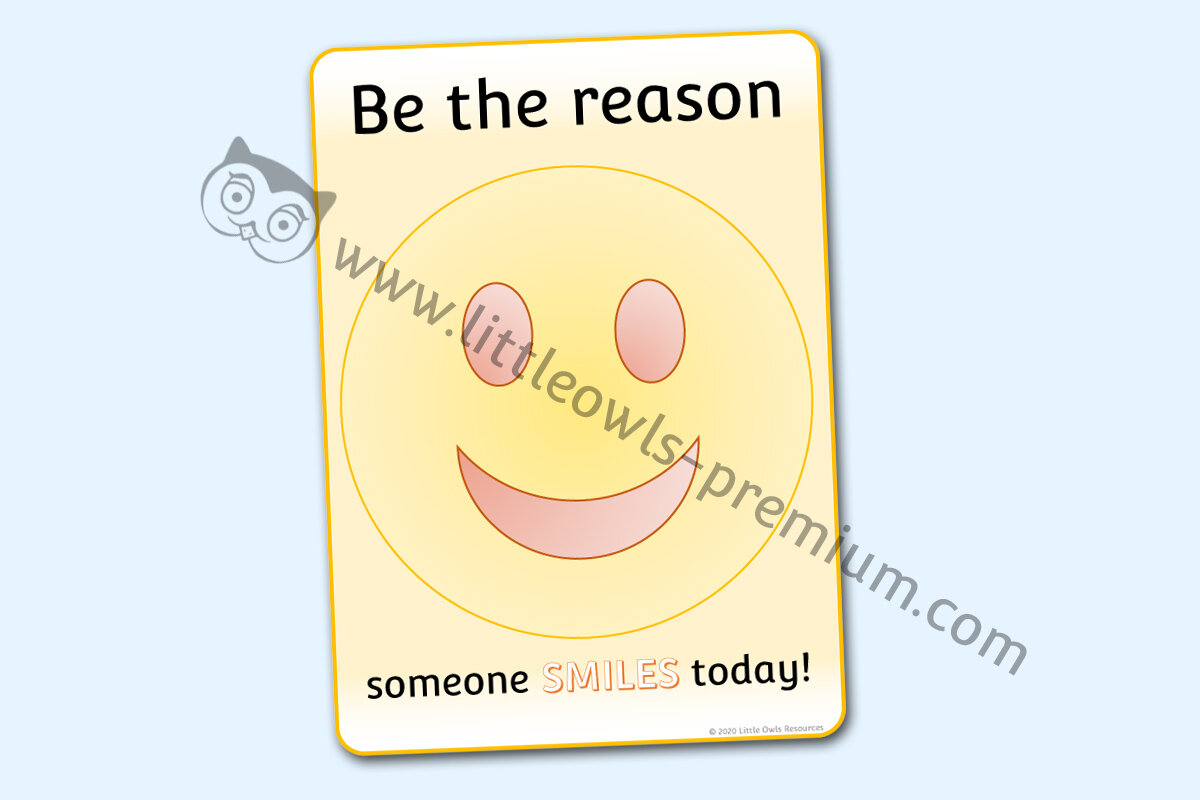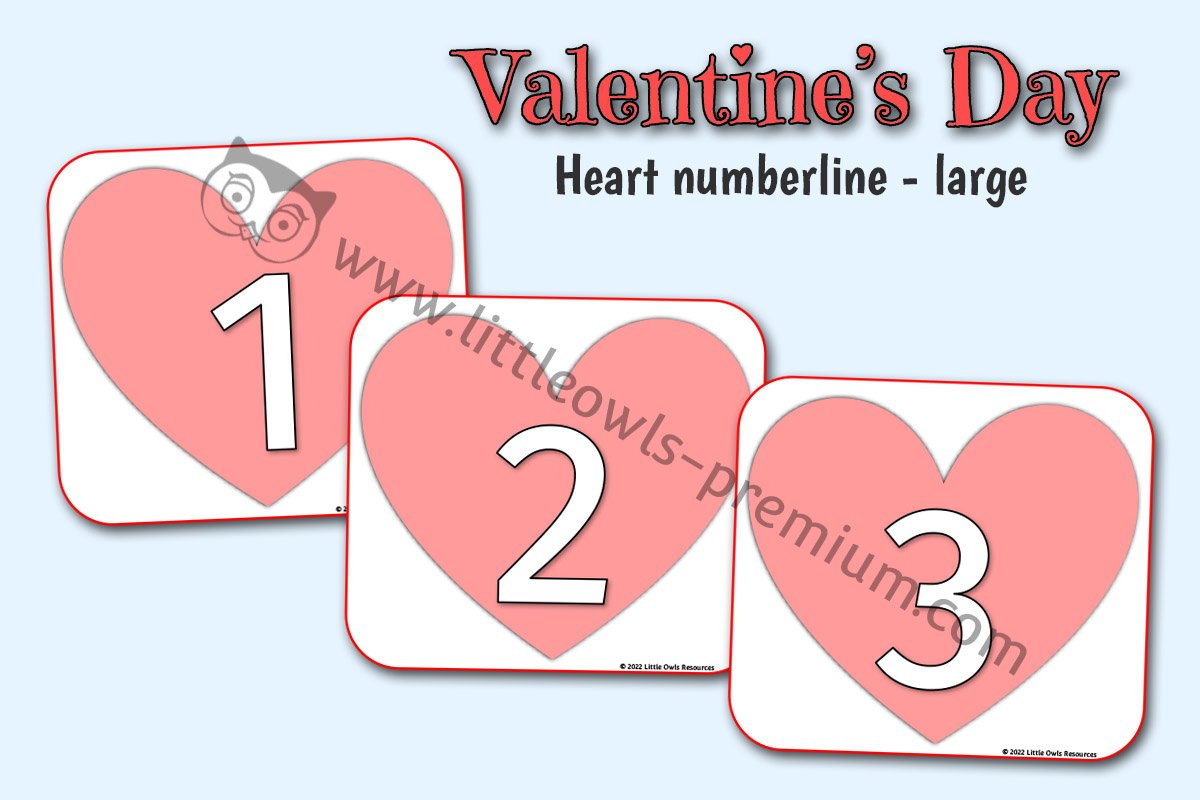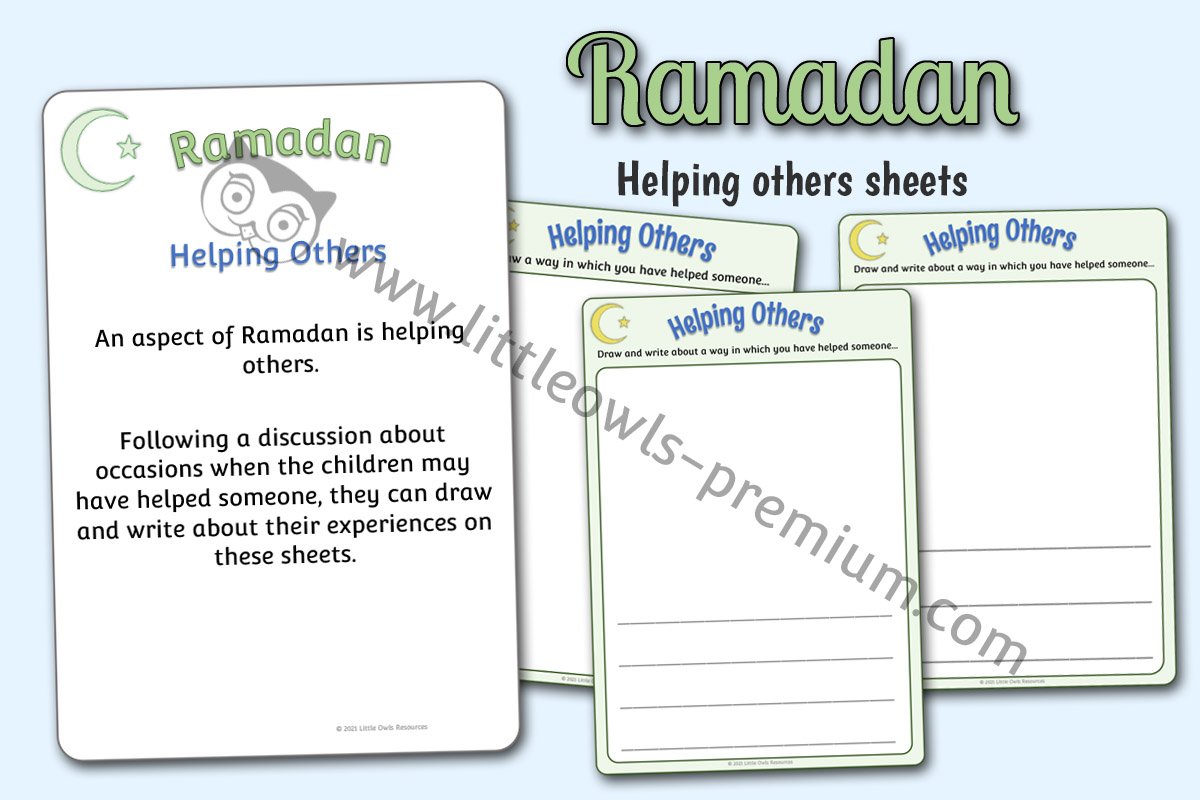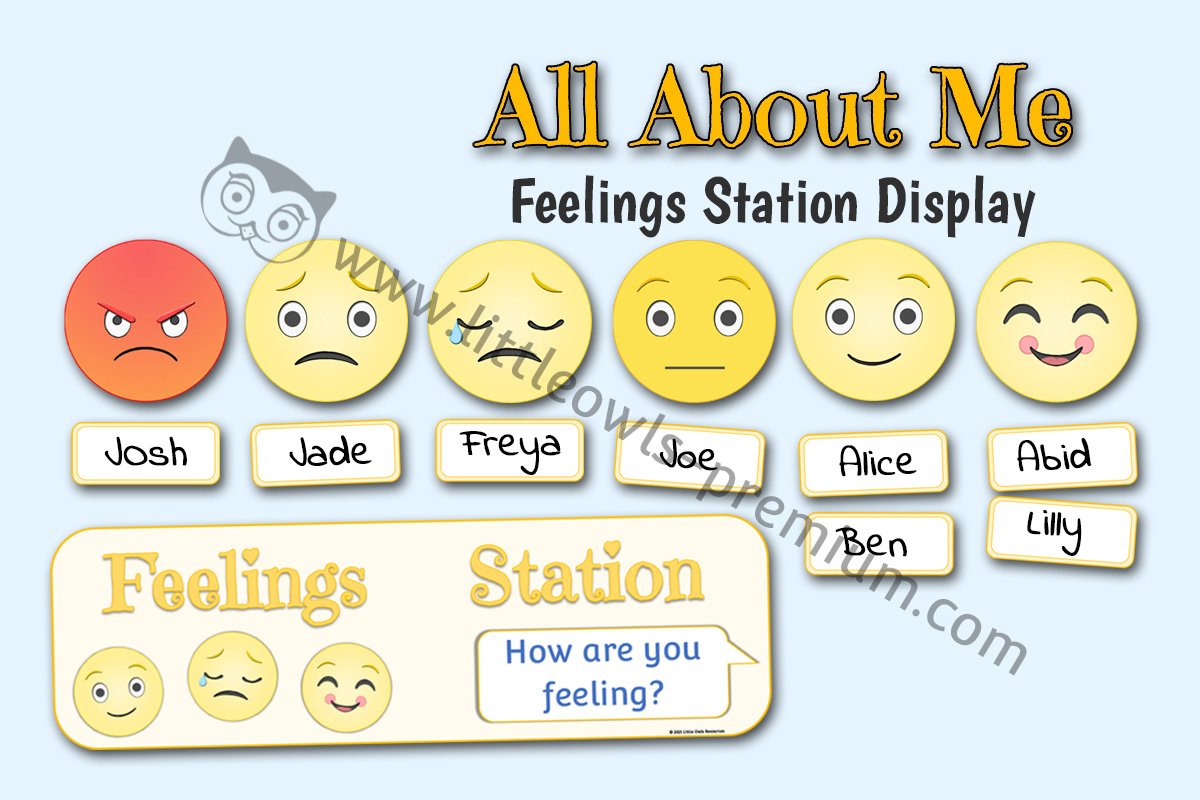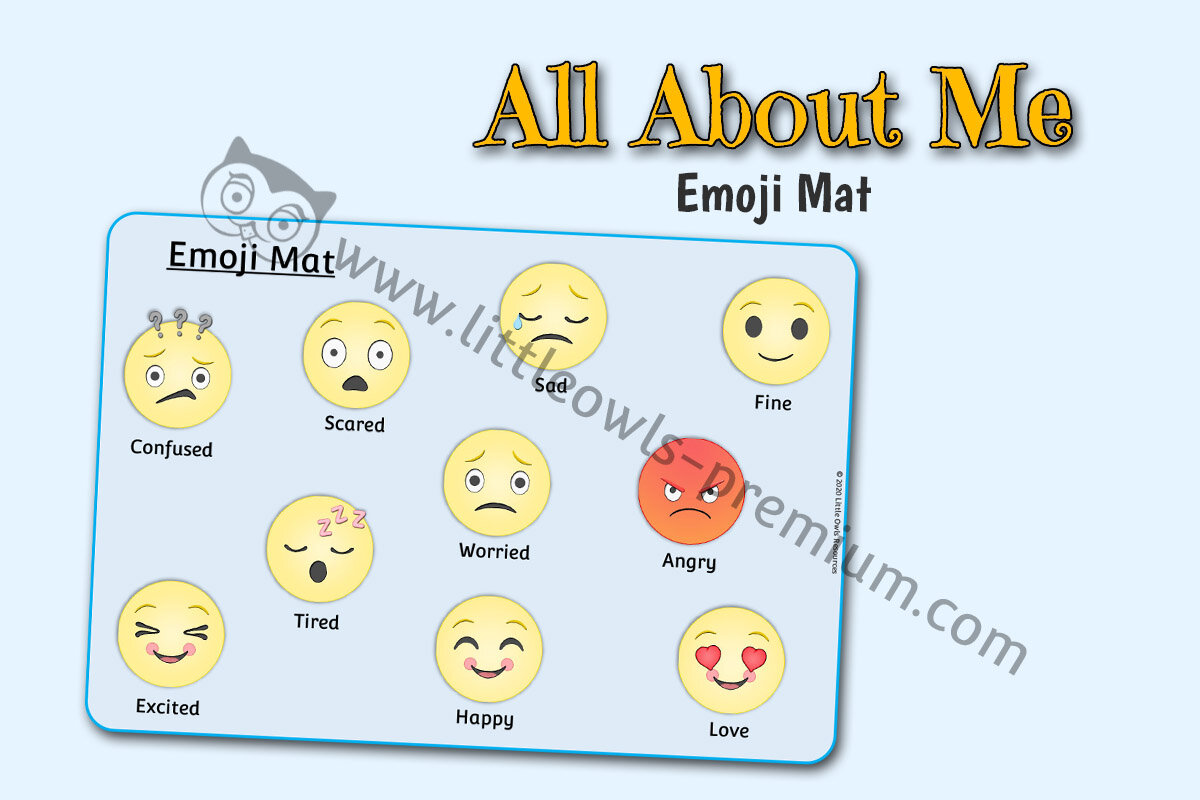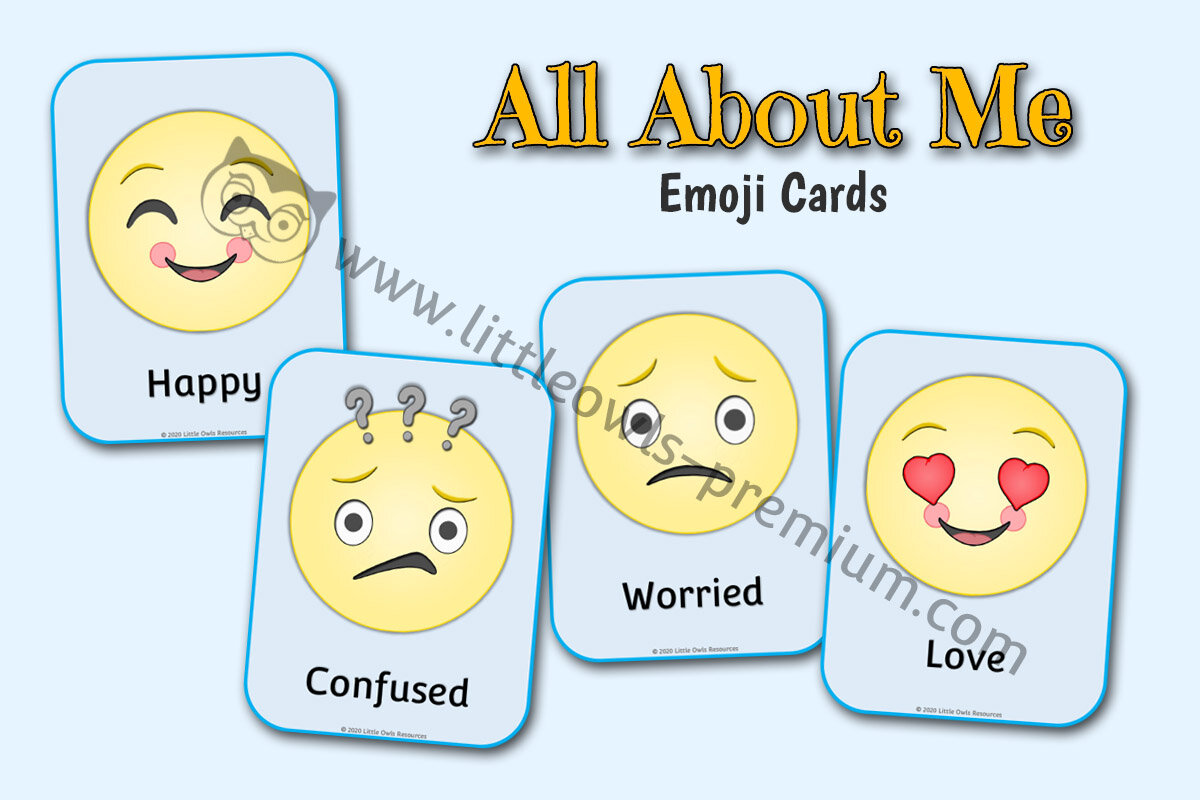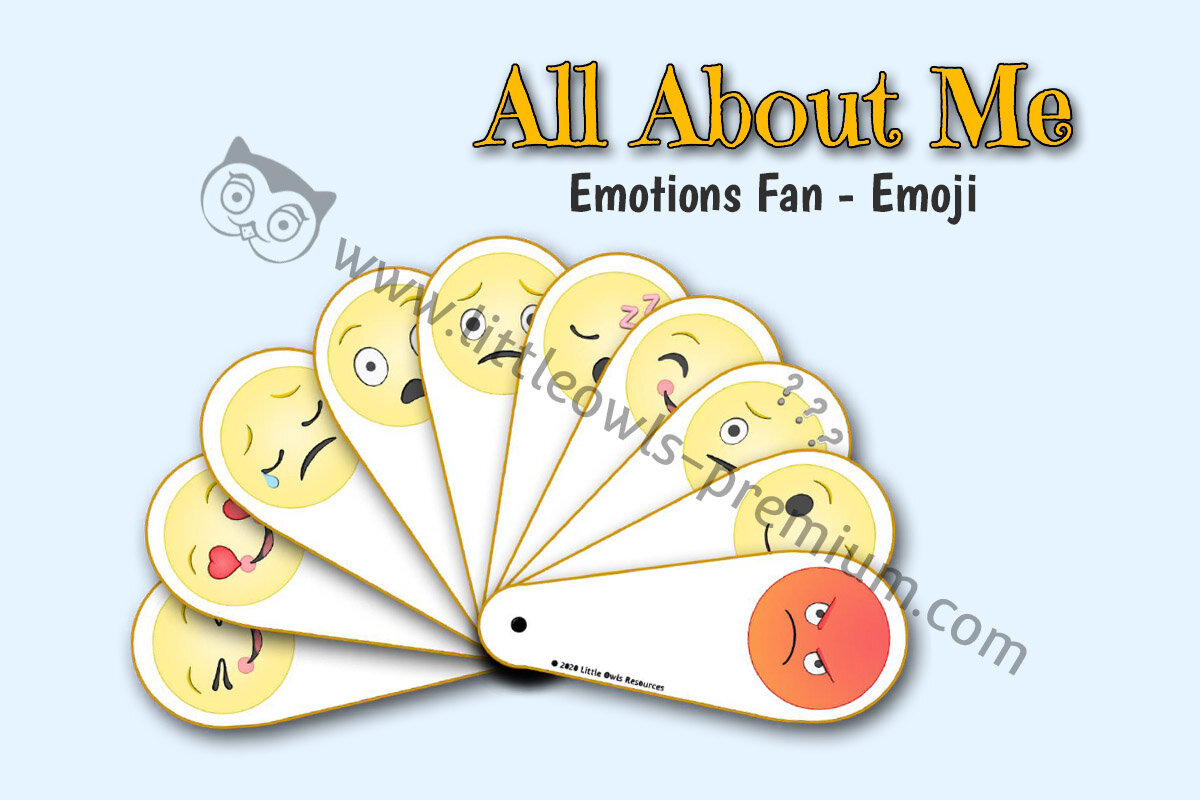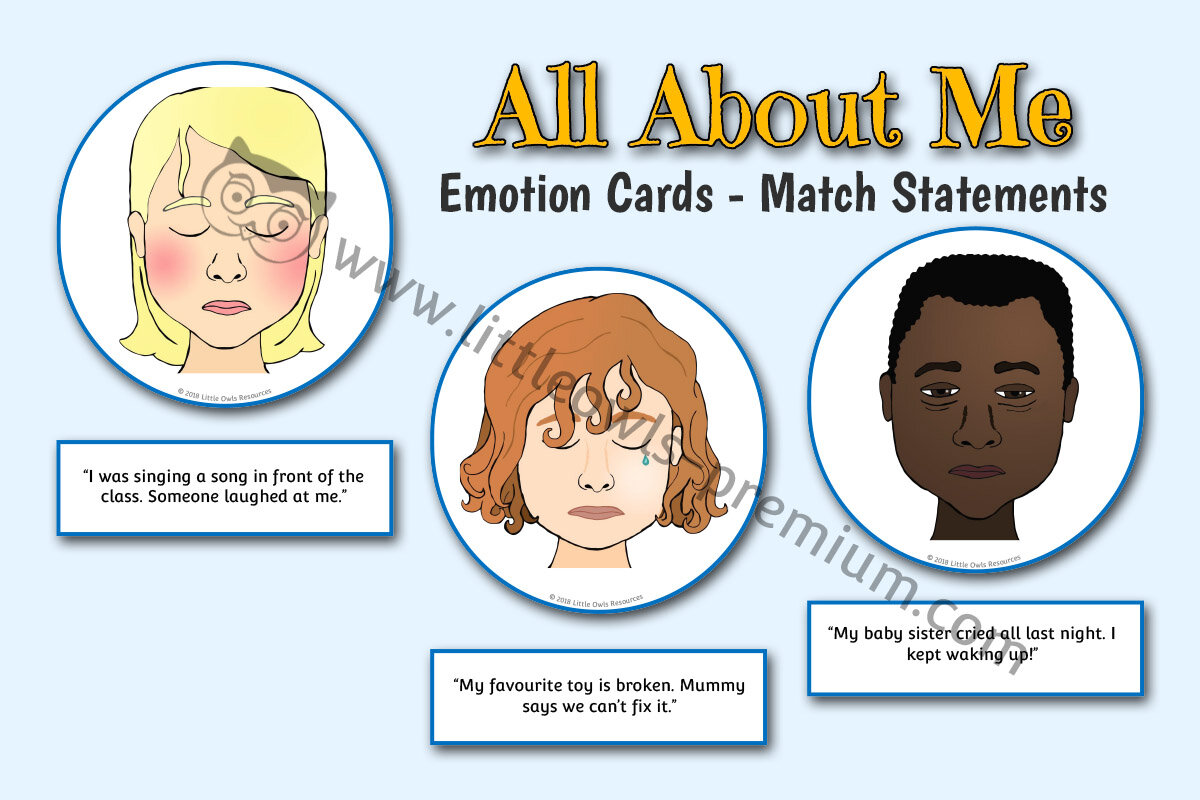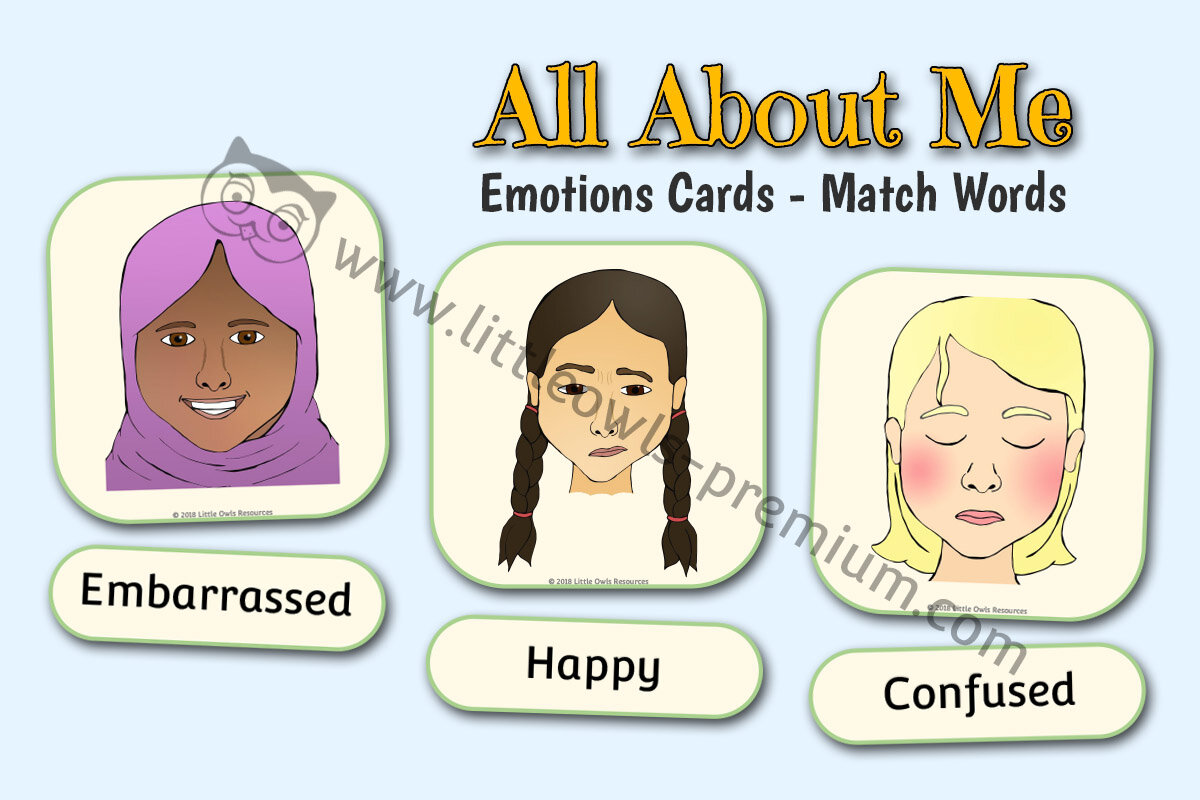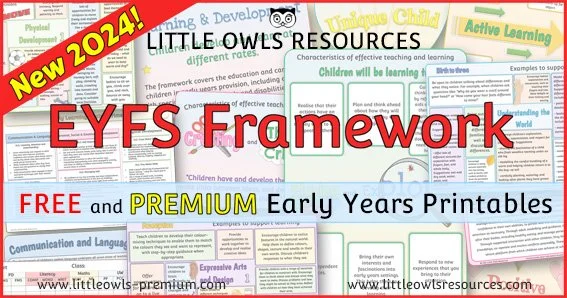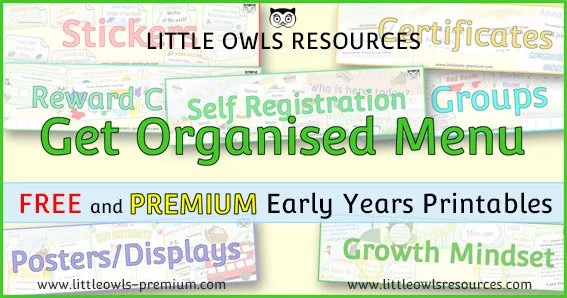Kindness and Friendship - EYFS/Early Years activities, Displays and ideas
SECTIONS ON THIS PAGE:
Free sample resources
Key ‘Kindness and Friendship’ resources
Related pages you may be interested in - Fun and Games - Turn Taking - Group Activities - PSED - Mental Health - Care for Living Things - All About Me - Emotions and Feelings - People Who Help Us - Pets - Teddy Bears’ Picnic - The Little Red Hen -
Related special dates - Friendship Month - U.N. International Day of Peace - World Kindness Day - Random Acts of Kindness Week - Send a Card to a Friend Day - Random Acts of Kindness Day - International Day of Friendship (Scroll down to find out more)
If you are not a member already, become a ‘Free Access’ member here. This will give you access to resources within the ‘Free Sample Resources’ sections at the top of most pages and ‘Special Dates Calendars’. Some whole topics are even free! Find out more about all of our membership options here. If you are already a member… thank-you! x
FREE ‘Kindness & Friendship’ Printables | Early Years
(Click on the image below to find out more.)
Please note that both Editable (docx file) and non-editable (pdf file) versions are available for ‘Kindness and Friendship’ resources. (Editable files require Microsoft Word to work at optimum level and Non-Editable files require a pdf viewer.)
Click on the thumbnail images below for further details…
Being kind to wildlife…
Kindness and friendship resources within ‘Valentine’s Day’…
Kindness and friendship resources within ‘Yom Kippur’…
Kindness and friendship resources within ‘Ramadan’…
Emotion resources…
More ‘Kindness and Friendship’ topics/themes…
Related Special Dates
Friendship Month
Friendship Month in the UK is celebrated each September and is an initiative primarily supported by the Oddfellows, one of the UK's oldest friendly societies. It aims to highlight the importance of friendships, foster new connections, and combat loneliness. The event encourages individuals to reach out to old friends, make new ones, and appreciate the value of companionship.
During Friendship Month, the Oddfellows organise various social events and activities, such as coffee mornings and taster events, to bring people together in a friendly, supportive environment. The month is also a reminder to practice kindness, reconnect with people, and strengthen social ties.
It was started by the Oddfellows to help combat social isolation and enhance well-being by fostering meaningful relationships.
Visit our ‘Special Dates Calendar’ page for additional special dates such as festivals, celebrations and awareness dates.
U.N. International Day of Peace
The United Nations International Day of Peace, also known as World Peace Day, is observed annually on September 21. This day is dedicated to promoting peace worldwide and encouraging a 24-hour period of non-violence and ceasefire in conflict zones. It was established in 1981 by the United Nations General Assembly to strengthen the ideals of peace, both within and among all nations and peoples.
The day emphasizes that peace is not merely the absence of conflict but involves positive, proactive efforts to promote justice, human rights, and equality. It serves as a reminder of the global commitment to work towards a world where peace prevails over violence.
World Kindness Day
World Kindness Day is an international observance celebrated annually on November 13. The day promotes the importance of kindness, both on a global and individual level, and encourages people to engage in small or large acts of kindness. It was introduced in 1998 by the World Kindness Movement, a coalition of nations' kindness NGOs, with the goal of fostering a more compassionate and unified world.
Key Aspects of World Kindness Day:
Purpose:
The day aims to highlight the positive power of kindness and how small acts of compassion can have a ripple effect, promoting peace, solidarity, and connection among individuals and communities.
Global Participation:
World Kindness Day is celebrated across many countries, including the UK, Australia, Canada, Japan, and the United States. Activities range from organising charity events, volunteering, and community efforts to random acts of kindness such as paying it forward, writing thank-you notes, or simply offering help to someone in need.
Symbol of the Day:
The day encourages participants to wear blue hearts or other symbols of kindness, as a visible reminder of their commitment to fostering kindness and compassion.
Acts of Kindness:
People are encouraged to perform simple, thoughtful actions such as helping a stranger, sharing positive messages, or showing appreciation to friends, family, and coworkers. These small gestures can create a positive atmosphere and inspire others to act kindly as well.
Significance: World Kindness Day serves as a reminder that kindness is a universal human value, capable of transcending barriers of race, religion, and nationality. It aims to make the world a better, more caring place through the collective action of individuals.
Random Acts of Kindness Week
Random Acts of Kindness Week is an annual celebration that encourages individuals, schools, businesses, and communities to perform kind deeds for others, without expecting anything in return. It typically takes place in February, with the specific dates varying each year. The event is organised by the Random Acts of Kindness Foundation (RAK), a nonprofit organisation founded in 1995, which aims to inspire and promote kindness across the world.
Key Aspects of Random Acts of Kindness Week:
Purpose:
The goal of the week is to create a ripple effect of kindness by motivating people to engage in thoughtful, generous acts, whether for friends, family, colleagues, or strangers. It's a reminder that even small gestures can make a big difference in someone's day or life.
Types of Acts:
Common acts during the week include paying for someone’s coffee, leaving a kind note, donating to charity, or volunteering. Schools and workplaces often participate by organising kindness challenges or campaigns.
The Random Acts of Kindness Foundation provides suggestions, tools, and resources for people looking to participate, such as kindness calendars and ideas for spreading positivity.
Global Movement:
While it began in the United States, Random Acts of Kindness Week has gained international recognition, with individuals and communities worldwide taking part in spreading kindness. Social media platforms often amplify the impact through the use of hashtags like #RAKWeek or #MakeKindnessTheNorm.
Why It Matters:
Scientific studies show that performing acts of kindness can increase happiness, reduce stress, and foster a sense of community. By encouraging collective kindness, RAK Week aims to create a more compassionate world.
Significance: The week serves as a powerful reminder of the potential of everyday kindness to connect people, build empathy, and improve mental well-being for both the giver and the recipient.
Send a Card to a Friend Day
This is a fun day to think about friends and friendships and encourage some writing too. Writing greeting cards helps children with their name writing in a meaningful way and also gets them to think about another person’s point of view; the recipient of the card.
Random Acts of Kindness Day
Random Acts of Kindness Day is exactly what it sounds like! Encourage the children to think about what kindness is and what kind acts they can perform. They will love the challenge of surprising you and others with kindness!
Random Acts of Kindness Day is an annual event celebrated on February 17. It encourages people to perform small, unexpected acts of kindness for others, helping to spread positivity and compassion throughout communities. The day is part of the broader Random Acts of Kindness movement, which emphasises how even the smallest gesture—like a smile, compliment, or helping hand—can improve someone's day and inspire others to do the same.
Key Aspects of Random Acts of Kindness Day:
Purpose:
The day aims to encourage individuals to act selflessly and brighten someone else's day, fostering a culture of kindness and goodwill.
Examples of Acts:
Common activities include paying for someone’s coffee, leaving a kind note, volunteering, or offering help to a stranger.
Businesses and organisations may also get involved by hosting kindness challenges or organising events that encourage kindness in the workplace or community.
Global Celebration:
While originating in the United States, Random Acts of Kindness Day has spread globally, with many countries and individuals participating in the celebration through social media, often using hashtags like #RandomActsofKindnessDay.
Kindness Benefits:
Scientific studies have shown that kindness boosts both the well-being of the giver and the recipient, leading to improved mood, stress reduction, and stronger social connections.
This day serves as a reminder of the power of kindness and its potential to make the world a more compassionate place.
Some lovely quotes about kindness HERE.
International Day of Friendship
International Day of Friendship is recognised by the United Nations. For young children this can mean focusing on their relationships with others and what it means to be a friend and to have a friend.
